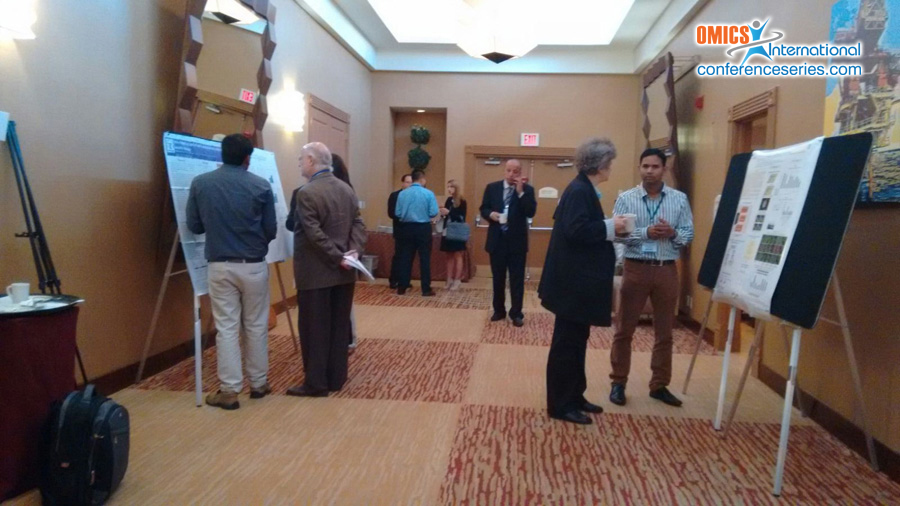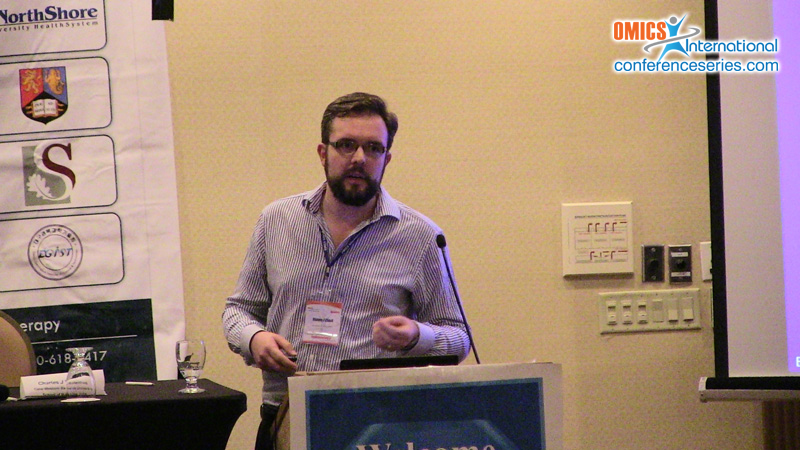
Simon J Clark
University of Manchester, UK
Title: The role of complement factor H-like and factor H-related proteins in age-related macular degeneration
Biography
Biography: Simon J Clark
Abstract
A number of genetic alterations are associated with an increased risk of developing age-related macular degeneration (AMD): The leading cause of blindness in the western World. Many of the risk modifying mutations and polymorphisms arise in genes involved in the complement cascade, part of a host’s innate immune system. While much work has focused on the Y402H polymorphism in the main complement regulator factor H (FH), increasing evidence suggests this protein does not work alone in protecting Bruch’s membrane in the human eye, an important site of AMD pathogenesis. Factor H-like protein 1 (FHL-1) arises from an alternative splice variation of the CFH gene and retains all of the regulatory activity of FH: FHL-1 is also subject to the Y402H polymorphism. Furthermore, five factor H-related (FHR) proteins also exist and share varying degrees of homology with FH. Genetic changes in the region containing the FHR genes are also associated with AMD, including a protective deletion of the FHR1 and 3 genes. Using specific antibodies and targeted mass spectrometry, we identify the significant presence of FHL-1 in Bruch’s membrane. This is converse to the understanding that FH is the major regulator of complement. In this regard, we demonstrate local expression of FHL-1 and the fact that the full length FH protein is not able to diffuse through Bruch’s membrane from human sera. The presence of FHR proteins also adds weight to the hypothesis that they may well compete with FHL-1 to binding sites in Bruch’s membrane. An imbalance in this fine regulation based on genetics and driven via environmental or age-related factors, will lead to inappropriate complement activation and local inflammation. Here, the author will talk on current understanding of AMD pathogenesis, present new data and discuss therapeutic strategies for treating this devastating disease
Speaker Presentations
Speaker PDFs
Speaker PPTs Click Here




